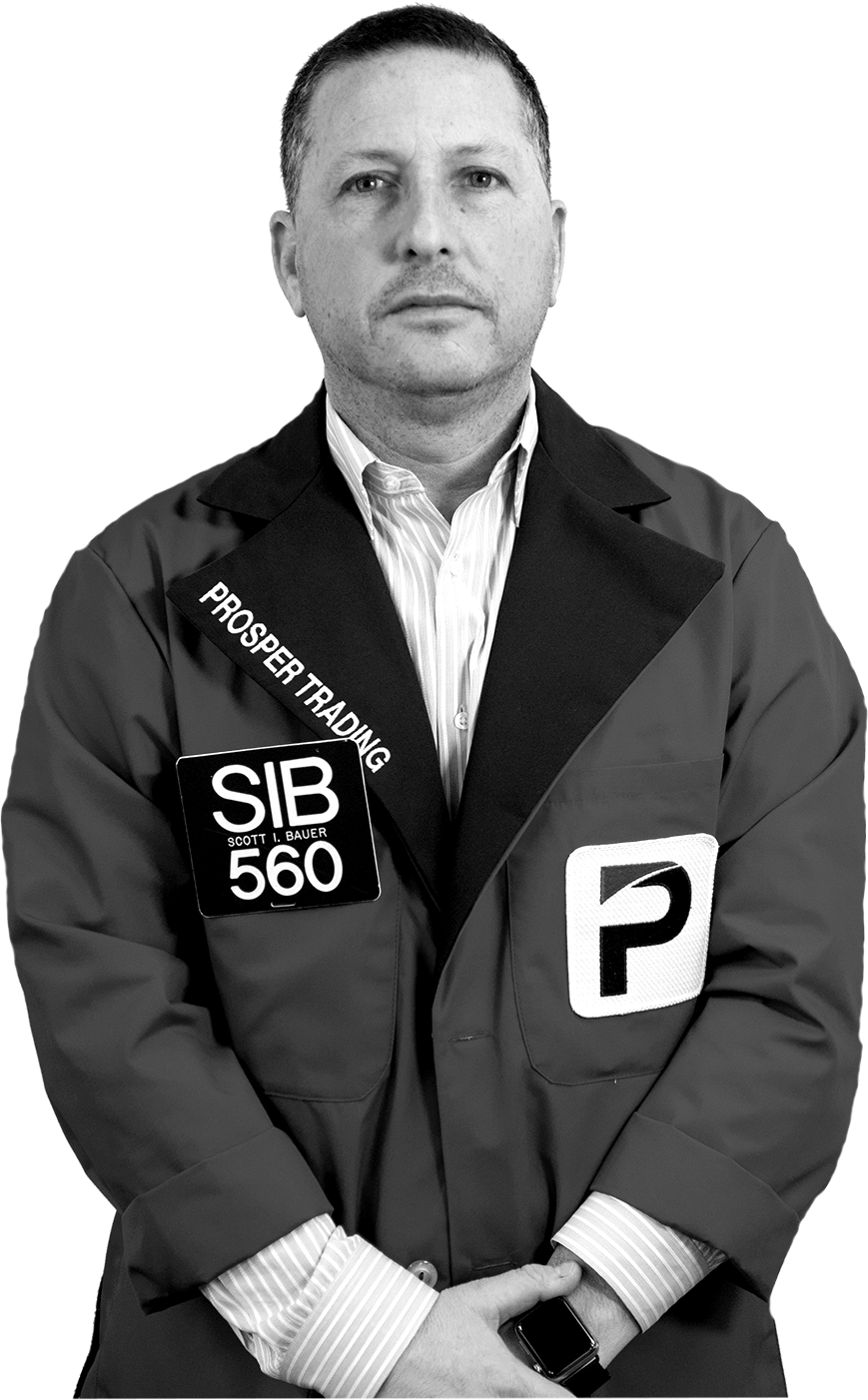
The markets have been extremely busy the last few months and we have sent trade signals almost daily. But, today is NOT one of those days. That’s OK – you’re still a trader even if you decide not to trade today.
We have to accept that there will be days like this. The easiest thing for a trader to do is to force a trade. That is like trying to fit a square peg in a round hole. You must consider if the trade you are about to make is the “perfect” setup and has the correct rationale or if you are just bored and want the “action.” Maybe you feel pressure from your fellow traders or you see other people seizing potential opportunities.
However, sometimes it’s better to take a break. Actually, this is part of a strategic and profitable trading plan. If the odds and probabilities just aren’t where they need to be, why force the issue? When you force a trade, good things usually don’t happen. You then tend to make poor decisions when managing the trade such as when to hedge, exit, etc…
The bottom line is that many times the best trade is NO TRADE. In other words, DON’T GET CAUGHT UP IN FOMO – the fear of missing out!



